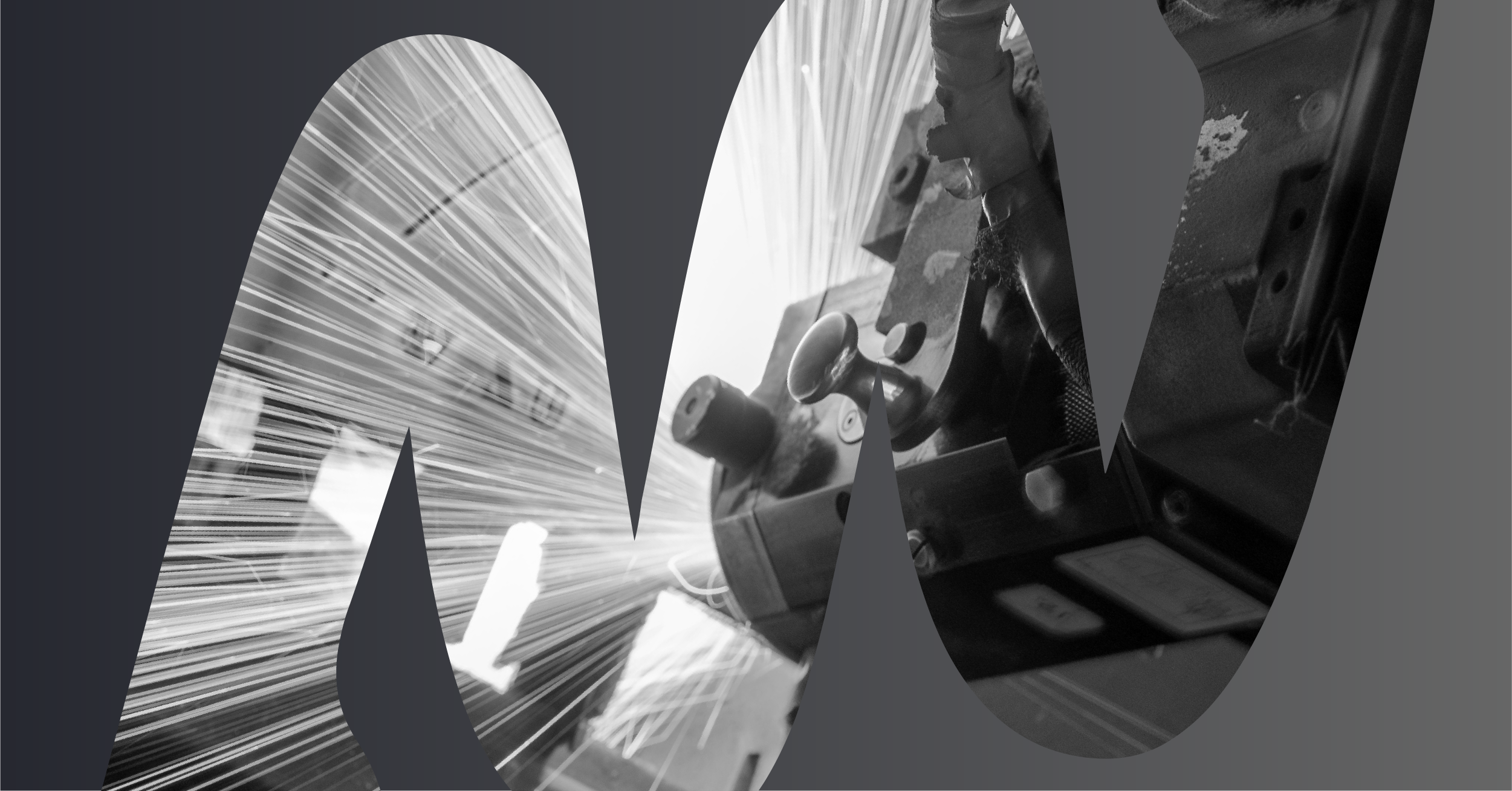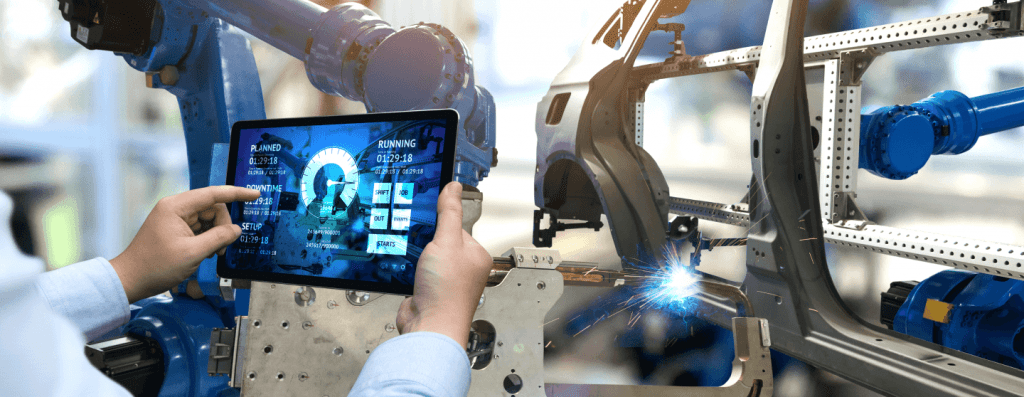Building a skills-based organization is a fundamental part of digital transformation. In recent years, the manufacturing industry has been experiencing a shortfall in skilled workers. However, adopting new technologies is an easy solution to honing new talent and strengthening the experienced employees. With the right support and insights, talent can thrive and grow the organization to its full potential.
How AI Apps Support Upskilling on the Shopfloor
1. AI apps help enhance the capabilities of freshers in the manufacturing industry.
Sound technical knowledge in the production sector is a must when starting out in the manufacturing industry. Whether a blue-collar worker or the management, Machine Learning and AI technologies can give you deeper insight into the processes, quality checking, and realities of shopfloor activities. Taking the practical experience to the next level with greater visibility.
2. AI-powered harmonized and integrated data can provide critical information and insights to data analysts and production planners.
Approaching a manufacturing problem with an open mindset is crucial. The ability to make sense of the big data, recognize the strengths and weaknesses of production systems, apply logic and astute reasoning for arriving at a solution, making recommendations for process corrections can cumulatively seem challenging at times. Machine Learning and AI apps-assisted production performance analysis can be a lifesaver. Data analysts and production planners/managers can rest assured that their domain knowledge and skills get sharper and more accurate developing into industry-leading expertise.
3. Predictive analytics provides operators with business intelligence to prevent unplanned downtime.
Machine reliability is crucial for gaining customers’ trust by keeping production costs low, and productivity high. The greatest expense in manufacturing is caused by unplanned downtime. More than 80% of manufacturers inaccurately estimate their downtime costs resulting in “solutions” that are believed to be good enough but, in reality, leave hundreds of thousands of dollars on the table.
Predictive analytics help inexperienced technicians to prevent unforeseen problems with the machines and help avoid unplanned downtime. AI apps support the upskilling of employees by enabling them to read data, understand the diagnostics, and make informed decisions before equipment breakdown. AI-assisted upskilling for decision-making will ensure efficient use of available resources.
4. Machine Learning algorithms will learn from production history to help quality departments with root cause analysis and continuous improvement.
Even before you solve problems on the shop floor, identifying the root causes of disturbances or deviations in manufacturing is essential. That requires a thorough knowledge of causal relationships between production process steps and parameters. Manually recognizing system behavior patterns for detecting process anomalies can be an exhausting and complex process. Implementing AI/ ML technologies enable intelligent monitoring and faster data processing, unearthing hidden causes and correlation between production parameters and outcomes. AI supports reskilling or upskilling production teams investigating operational issues on multiple levels.
5. Anomaly detection with AI apps surpasses manual visual inspection.
Following the standard operating procedure (SOP), operators manually inspect processes, visually checking for quality standards of production output. That is a crucial step in many manufacturing processes, time and effort intensive, therefore, possible for small lots only. Also, the quality checks remain susceptible to human error. Missing an existing defect or misidentification of a defect can translate to costs of error that are potentially very high in industries where visual quality control is mandatory. Harnessing AI/ML for visual quality inspection helps quality managers deliver more precise quality control and reduce costs due to reworking.
According to a McKinsey report, roughly 30–40% of employees would need to upgrade their skills within the next decade, significantly. [2]
Let us operationalize upskilling as learning new skills to sharpen employee capabilities on the shopfloor by understanding and utilizing AI-app assisted production systems.
The benefits of AI apps on the shop floor are plentiful. Come, Let’s optimize!
References:
[1] Manufacturing, C. (2020, November 10). How Much is Downtime in Manufacturing Costing You? Cybernet Blog. https://www.cybernetman.com/blog/downtime-in-manufacturing/
[2] Jaiswal, A., Arun, C. J., & Varma, A. (2021). Rebooting employees: upskilling for artificial intelligence in multinational corporations. The International Journal of Human Resource Management, 33(6), 1–30. https://doi.org/10.1080/09585192.2021.1891114




